SensorSift: Balancing Privacy and Utility in Sensor Data
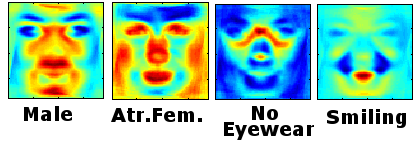 The rapid growth of sensors and algorithmic reasoning are creating an important challenge to find balance between user privacy and functionality in smart applications. To address this problem Miro Enev and collaborators have developed a quantitative framework called SensorSift which we recently published and have now made available as open source!
The rapid growth of sensors and algorithmic reasoning are creating an important challenge to find balance between user privacy and functionality in smart applications. To address this problem Miro Enev and collaborators have developed a quantitative framework called SensorSift which we recently published and have now made available as open source!
http://homes.cs.washington.edu/~miro/sensorsift/.
At the heart of our contribution is an algorithm which transforms raw sensor data into a ‘sifted’ representation which minimizes exposure of user defined private attributes while maximally exposing application-requested public attributes. We envision multiple applications using the same platform, and requesting access to public attributes explicitly not known at the time of the platform creation. Support for future-defined public attributes, while still preserving the defined privacy of the private attributes, is a central challenge that we tackle.
 Security Lab’s Tammy Denning presented a keynote talk and lead a play session of
Security Lab’s Tammy Denning presented a keynote talk and lead a play session of 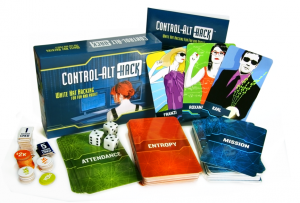 GeekWire picked the UW CSE Security Lab’s
GeekWire picked the UW CSE Security Lab’s 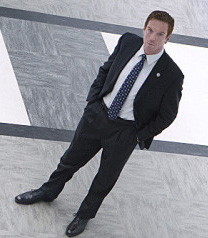
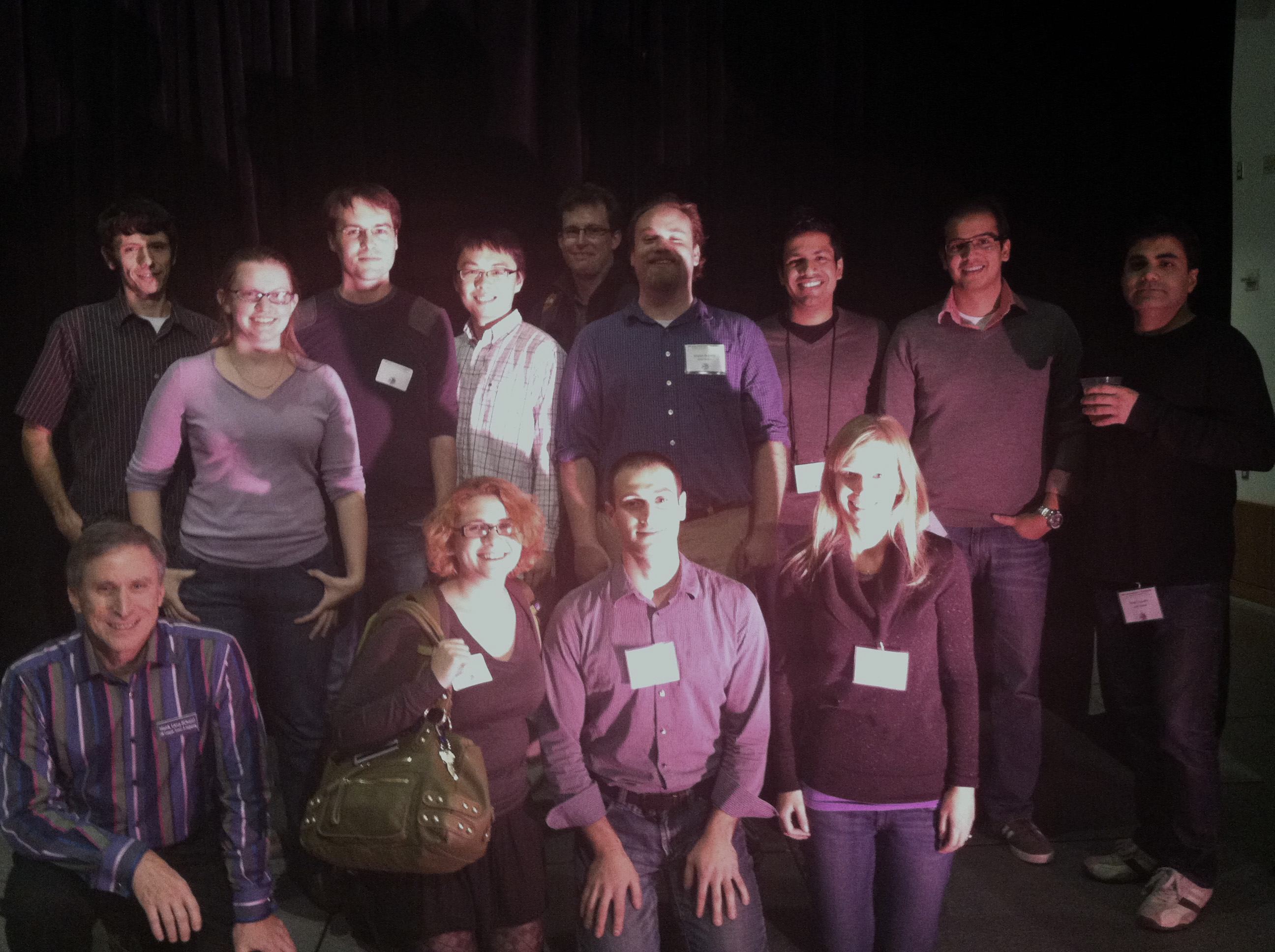 Congratulations to Alexei Czeskis and Franzi Roesner for winning the People’s Choice Awards at the annual UW CSE Industry Affiliates Meeting! Alexei presented a poster titled “Origin-Bound Certificates: A Fresh Approach to Strong Client Authentication for the Web”. Franzi presented a poster titled “User Interface Toolkit Mechanisms for Securing Interface Elements”.
Congratulations to Alexei Czeskis and Franzi Roesner for winning the People’s Choice Awards at the annual UW CSE Industry Affiliates Meeting! Alexei presented a poster titled “Origin-Bound Certificates: A Fresh Approach to Strong Client Authentication for the Web”. Franzi presented a poster titled “User Interface Toolkit Mechanisms for Securing Interface Elements”.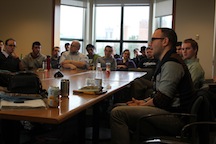 UW CSE Security Lab member
UW CSE Security Lab member 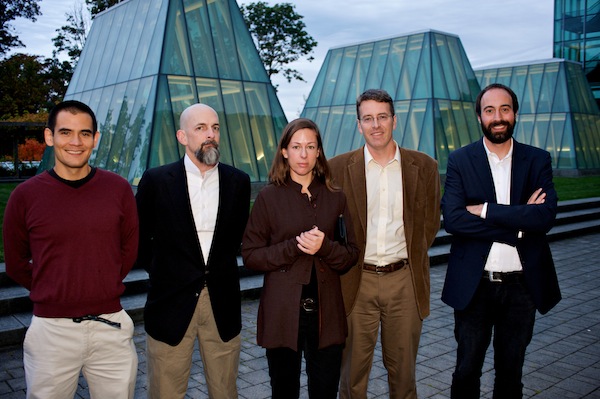 UW CSE Security Lab’s
UW CSE Security Lab’s